Global Protests: A Month of Unrest and Change
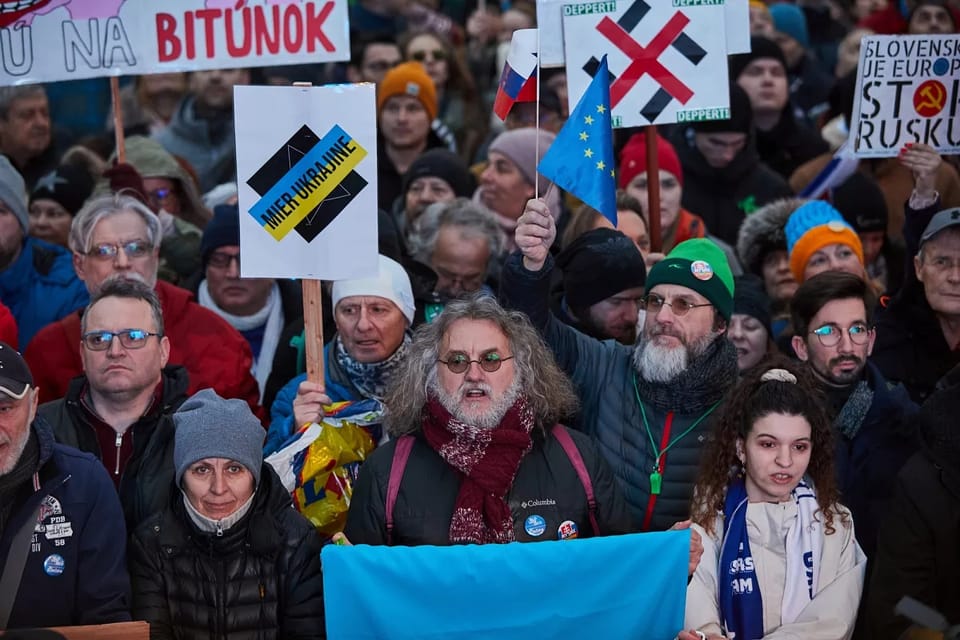
For the last month, countries across the world have seen citizens come out onto the streets to protest injustices taking place across various parts of their lives. From wrongful deaths, to immigration policies to corrupt governments, there’s been so much that global citizens have felt the need to speak out about.
Protests aren’t anything new. Both violent and non-violent forms of protests have existed for as long as societies have, and marches in particular, or large demonstrations are a particularly popular form of protest that we’re seeing more and more of. Social Change Lab researchers James Ozden and Sam Glover recently published their findings of a study on protest movements writ large. The pair then concluded that, though the majority of protest movements will fail, there is a small percentage that succeed in affecting change and/or influencing public thought, policy and behavior. Does that make protests less important? Citizens wanting change don’t seem to think so as they continue to rely on protests to make their voices heard.
Here’s a look at some of the biggest protests that have taken place over the last month, from Africa to the US and to Eastern Europe.
Los Angeles
More protests against President Donald Trump's immigration policies took place in downtown Los Angeles and Fullerton last Sunday. Around noon, the demonstration at city hall in downtown Los Angeles was blocking all lanes of Spring Street. Police warned drivers to expect delays on Spring Street between Temple and 1st.

Protesters gathered on the corner of Harbor Boulevard and Orangethorpe Avenue in Fullerton to protest for immigrant rights. The group then continued downtown and eventually made it to the Police Department and City Hall, where they were met by officers in riot gear. Officials issued a dispersal order soon after. There were no reported injuries.
The protests are fueled by the fact that since taking office on Jan. 20, Trump has acted on his campaign promise to increase deportations, with U.S. Immigration and Customs Enforcement conducting raids in major cities.
Germany
Tens of thousands of people took to the streets of Berlin to protest what they see as a breach of a taboo in post-war German politics.
The protests came after some parties voted alongside the far-right party, Alternative for Germany (AfD), over a non-binding resolution on immigration last week.

Christian Democratic Union (CDU) leader Friedrich Merz, who is tipped to be Germany's next chancellor, had tried to rely on support from AfD twice last week, including for a bill aimed at curbing immigration.
Police estimate that about 160,000 people came out to protest on Sunday. The rally began just outside the Bundestag, Germany's parliament building and moved on towards the CDU's headquarters.
Congo
France has condemned attacks on its embassy in the Democratic Republic of Congo’s capital, Kinshasa, after angry demonstrators stormed diplomatic compounds on Tuesday, setting fires and defacing properties.
The protests were fuelled by frustration over perceived international complicity in Rwanda's alleged support for M23 rebels, whose violent offensive has destabilised Congo’s eastern region.

Protesters specifically targeted embassies belonging to France, Belgium, the Netherlands, the United States, and several African nations, accusing them of turning a blind eye to Rwanda’s alleged involvement with the M23 rebel group.The French embassy briefly caught fire during the unrest but was quickly secured.
Serbia
Striking university students in Serbia blocked a bridge in Belgrade as well as roads throughout the Balkan country on Sunday to mark 100 days since the collapse of a concrete canopy at a train station which killed 15 people.
Many residents joined the students for a 7-hour blockade of the Gazela, or Gazelle, bridge over the Sava River in the Serbian capital. Simultaneously, a three-hour blockade of key roads started in Novi Sad, while students in Nis blocked a highway pay toll station at the entrance of the southern city.

The blockades are part of a campaign of protests led by striking university students who are demanding justice over the Nov. 1 disaster at a train station in Novi Sad, which critics have blamed on government corruption.
Texas
Hundreds of protesters assembled outside the Texas State Capitol on Wednesday as part of a nationwide demonstration against President Donald Trump's recent executive orders and a conservative policy initiative known as Project 2025.
The Austin protest featured demonstrators chanting "No hate, no fear, immigrants are welcome here." Participants carried signs reading "Immigrants make America great" and "Deport Elon [Musk],"

Organizers distributed statements outlining several demands, including calls for Trump to step down or face impeachment, and investigations into Trump-appointed officials.
China
Violent protests have erupted in China after the death of a teenage boy sparked accusations of a cover-up by authorities, videos from the northwestern region of Shaanxi have shown.
In videos verified by CNN, dozens of protesters are seen confronting a wall of riot police outside the Pucheng Vocational Technical School, with some hurling batons and other objects towards the officers.

One of the protesters was seen hurling a fire extinguisher at a door, shattering its glass. In response, police are seen aggressively handling the demonstrators, beating some and throwing others to the ground.
The trigger for the protests was the death of a teenage student, whose surname was Dang and who was in his third year at the school. Local authorities in Pucheng have claimed Dang’s death on January 2 was an accident and not criminal, but allegations have swirled on social media that there has been a cover-up.
Slovakia
Huge crowds gathered in dozens of cities and towns across Slovakia on Friday to mount vocal protests against the pro-Russian policies of populist Prime Minister Robert Fico.
The latest wave of anti-government rallies was fueled by Fico’s recent trip to Moscow for talks with Russian President Vladimir Putin, a rare visit to the Kremlin by a European Union leader since Moscow’s all-out invasion of Ukraine began on Feb. 24, 2022.

Fico’s recent remarks that Slovakia’s foreign policy orientation could involve leaving the European Union and NATO contributed to the anger of protesters.
Future of protests?
Grievances expressed as rights-based by protesters are one of the main groups identified in a study carried out a few years ago, but they are significantly fewer in number than those related to economic justice. Rights-based grievances and demands are also behind fewer protests than grievances related to failure of political representation or global justice.
More recent research related to the Black Lives Matter protests in 2020 show that protests do indeed have an impact on pushing for change. But with social media undoubtedly changing the way we see and understand these protests and the motivations behind them, are we really continuing to protest for the right reason, or is it merely another trend that is picking up.
For those who face arrests and lose their lives to their causes, claiming it to be the latter would be a disservice. But as more and more protests continue to fill our feeds, are we - and the people in power - really taking them as seriously as we did a few years ago, and if not, is it time for activists and citizens to change the way they demand better?
Anmol Irfan is a freelance journalist, editor and the co-founder of Echoes Media. Her work focuses on marginalised narratives in the Global South, looking at gender, climate, tech and more. She tweets @anmolirfan22


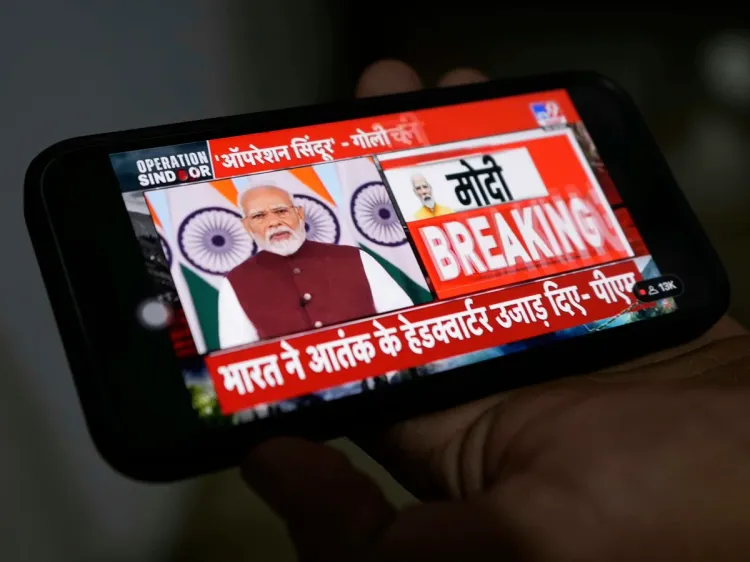
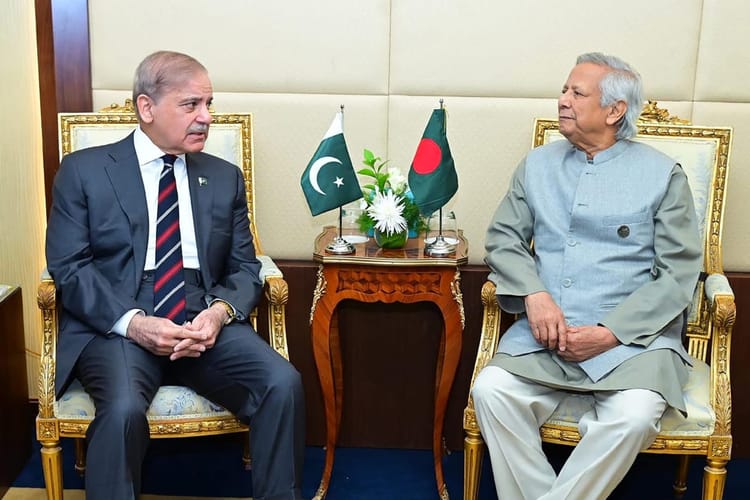
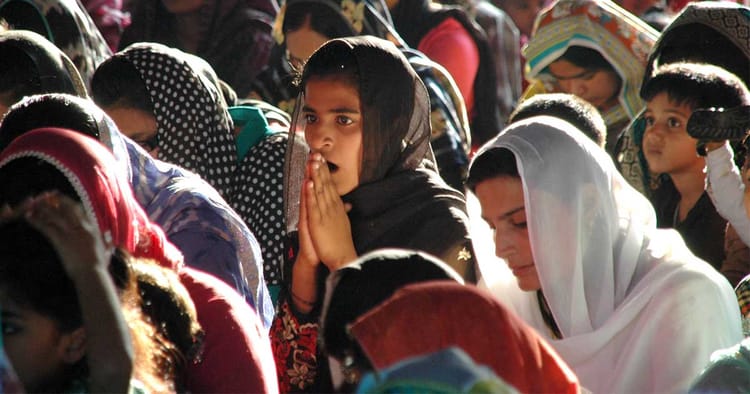
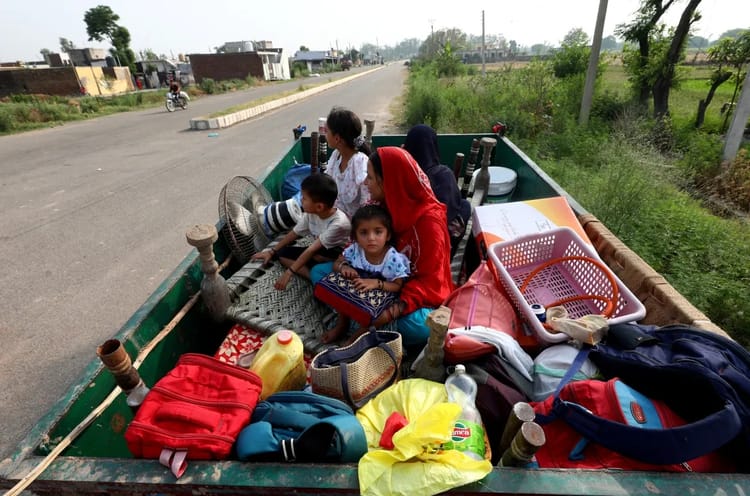
Member discussion